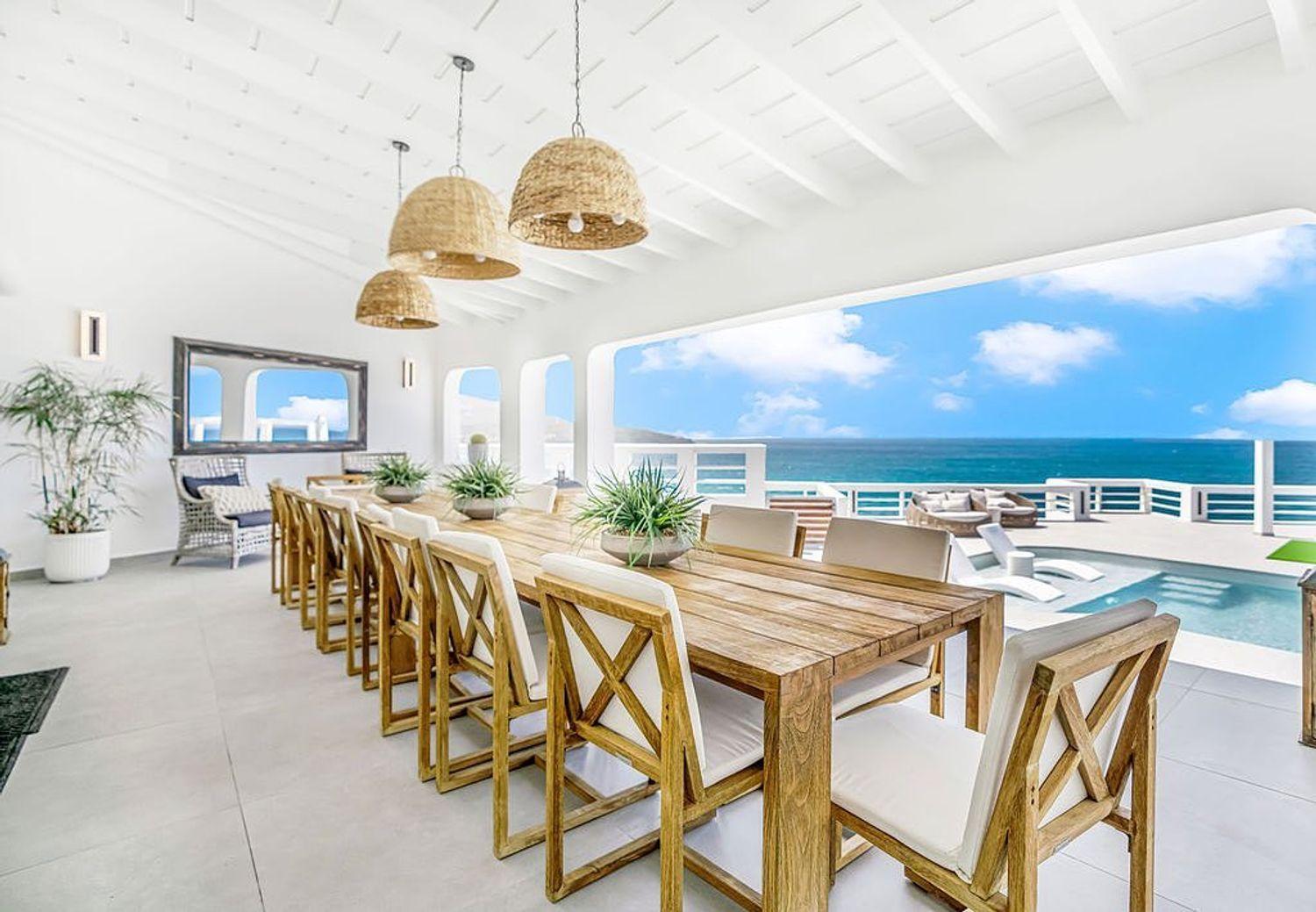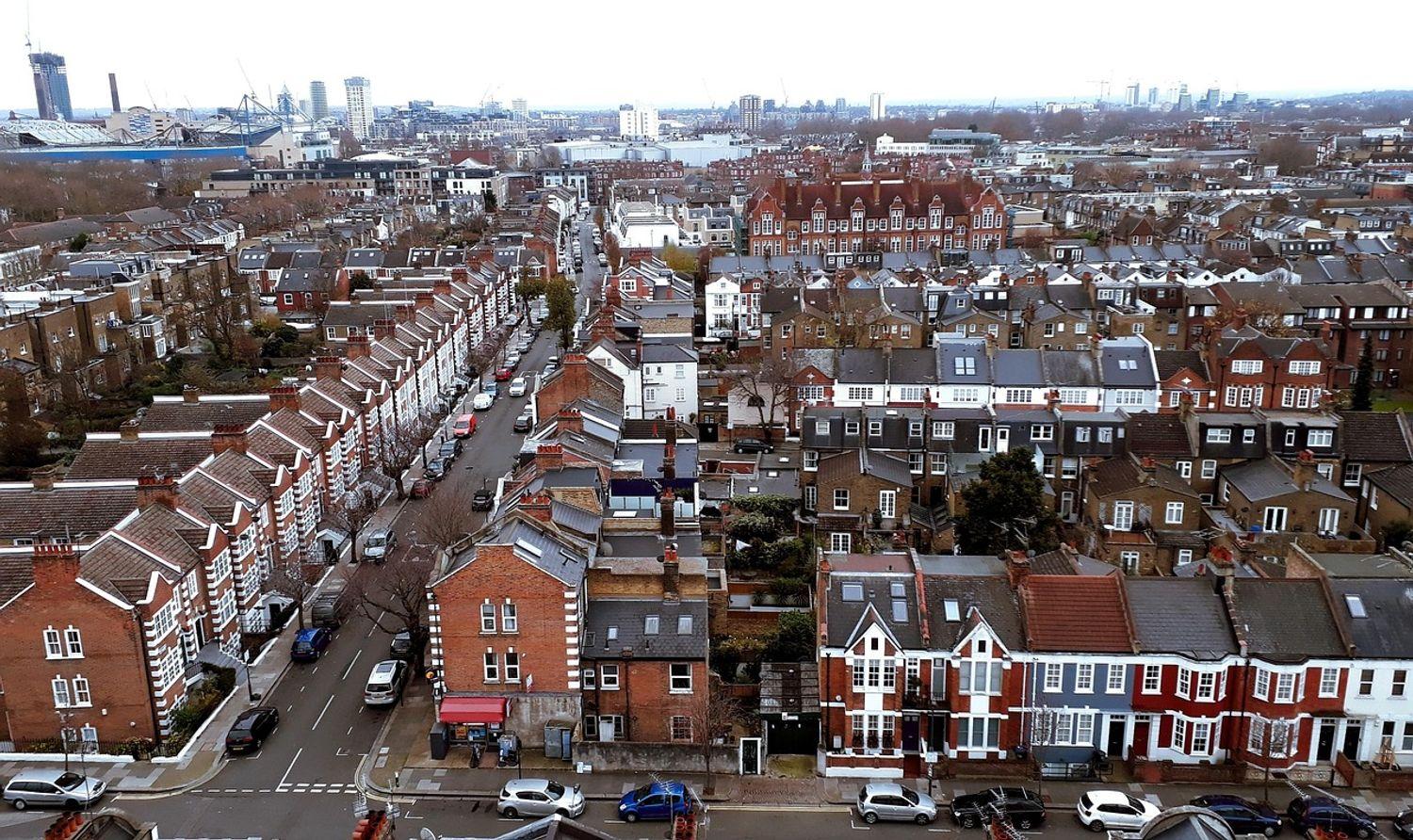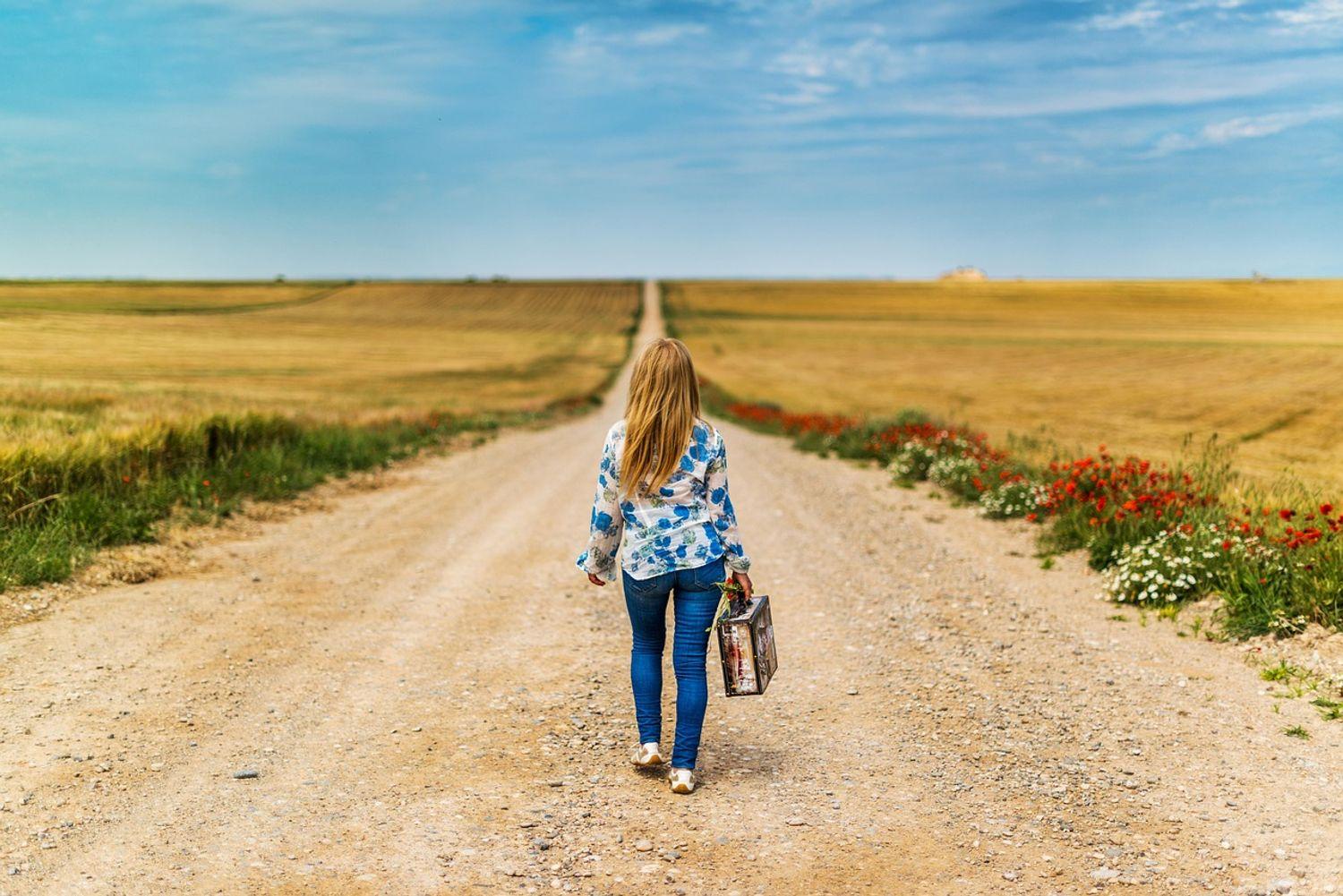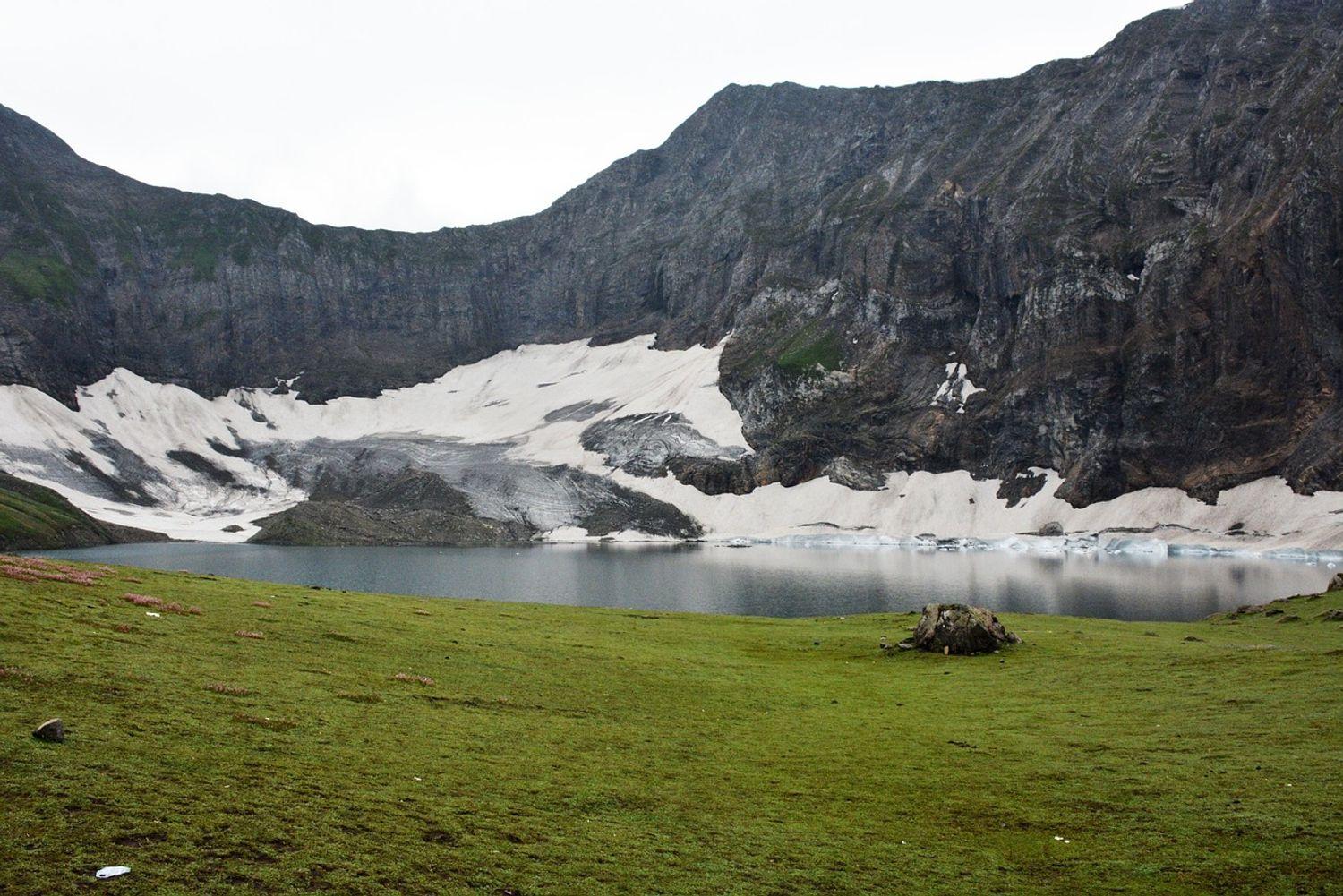There is a moment many of us reach, standing at the foot of a globally recognized monument, perhaps the Coliseum, the Eiffel Tower, or the Taj Mahal, when the camera lens is full, and yet, somehow, the soul remains empty. We have executed the itinerary perfectly; we have paid the entrance fee and waited in the prescribed line. We have successfully seen the world, but we haven't actually felt it.
For years, my own journeys followed this familiar, exhaustive blueprint. I would return home with the necessary photographic evidence, only to realize that the most resonant parts of the trip, the unexpected conversations, the silent moments watching the tide, the single, perfect cup of coffee, were the ones that fell outside the rigid schedule. I came to the unsettling realization that I wasn't just observing the world; I was merely consuming it, leaving no room for true reciprocity.
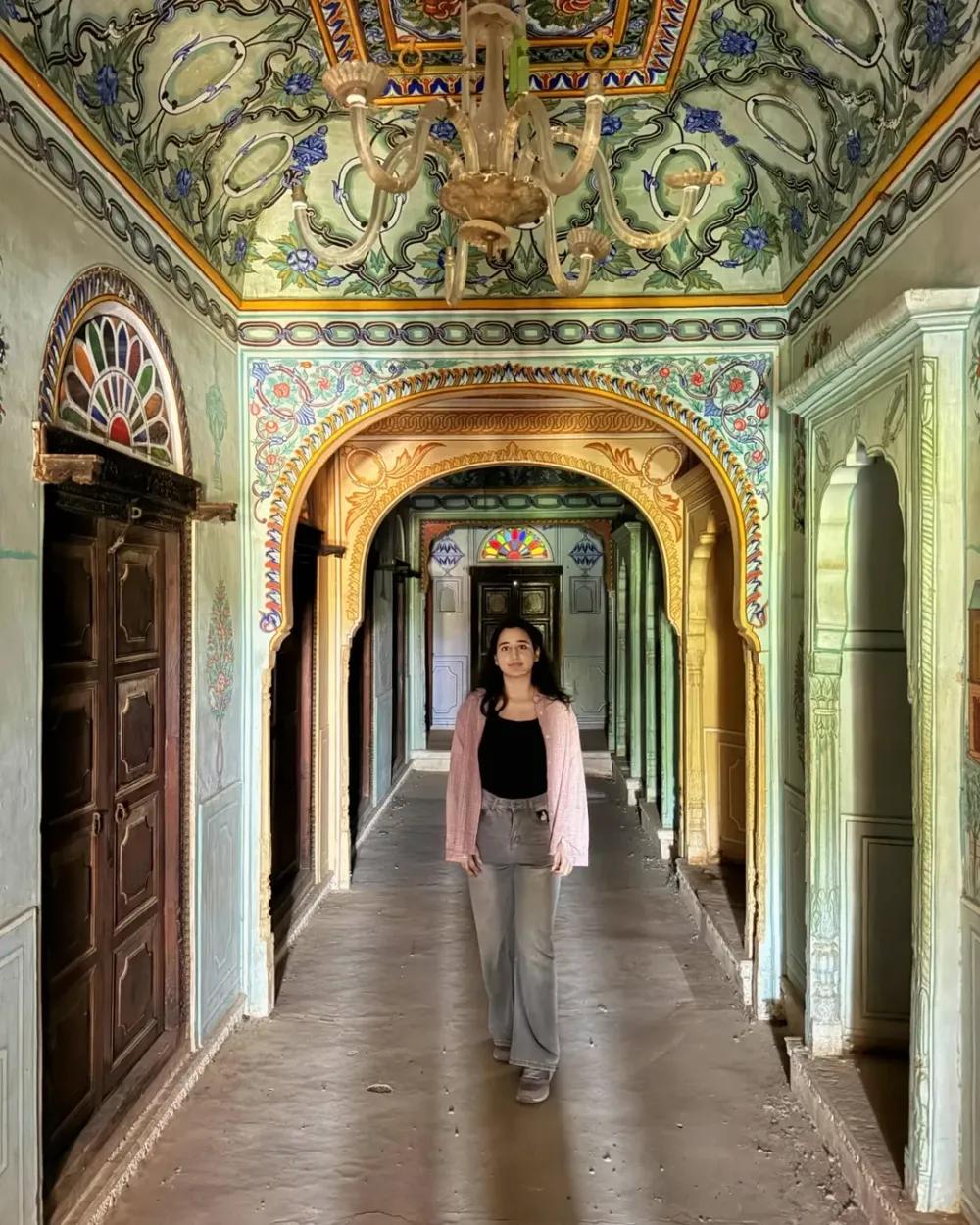
This recognition forced a pivot, a fundamental recalibration of what travel means. It led me to a new philosophy: a commitment to finding the untold. This isn’t a quest for mere novelty or exoticism; it is a conscious decision to value depth over breadth, resonance over reputation, and meaning over momentum. It’s the difference between collecting postcards and writing a poem.
Defining the ‘Untold’: The Explorer’s Realization
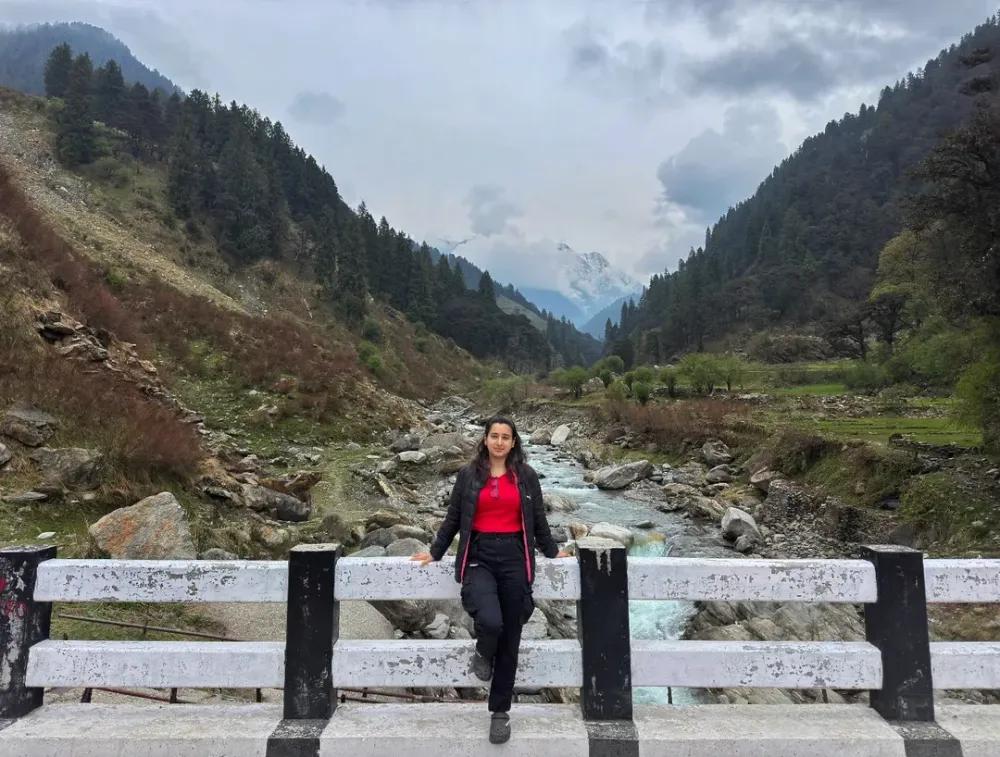
The explorer in me lives for the thrill of discovery, but I've learned that true discovery is less about geography and more about attention. The untold is not simply the place without tourists; it is the layer of existence that requires patience, curiosity, and a willingness to step off the polished stage and backstage, where the real stories are being lived out.
We’re taught that the world’s magic is signposted and illuminated. In reality, it sleeps in the quiet corners, beneath ancient stones in forgotten squares, in the intricate patterns of a local dialect, and in the rhythms of daily life that have yet to be homogenized. To find the untold, we must stop chasing landmarks and start seeking narratives.
This means asking different questions. Instead of, "What is the biggest thing I can see here?" we ask, "What is the smallest detail that reveals the most?" Instead of demanding efficiency, we choose complexity. We seek out the places where the air hums with a history so vast it feels timeless, where connections are fragile and fleeting, and therefore, infinitely valuable. The Untold is the moment you stop documenting the trip and start being present in the experience.
Escaping the Checklist Mentality
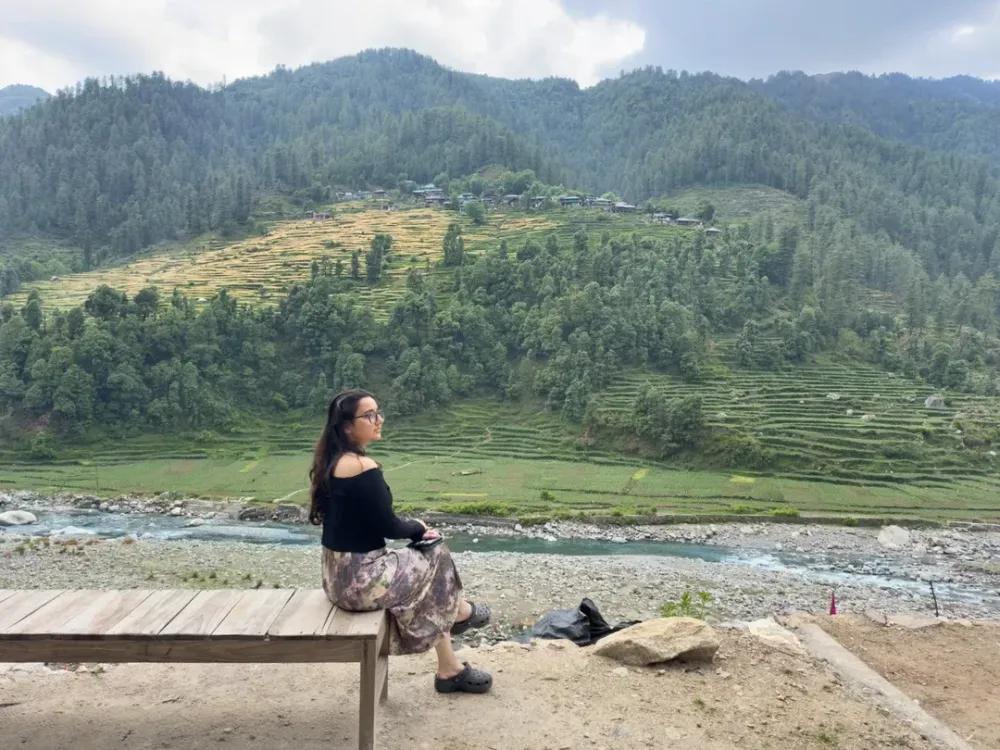
The modern travel industrial complex thrives on certainty and predictability. It sells comfort as the highest virtue. But comfort is often the enemy of immersion. When every logistical challenge has been smoothed away, every meal predetermined, and every route optimized, we lose the vital friction that creates memory. True immersion requires engagement with uncertainty; it demands that we flex our capacity for adaptation and open ourselves to genuine surprise.
I found this realization to be particularly sharp when traveling through the historically rich yet overwhelmingly popular destinations of the European continent. For too long, my itineraries mimicked the same exhausted routes, the famous capital cities, the well-worn coastal roads, all of which, while beautiful, felt perpetually on display. The profound cultural depth I sought was often obscured by the sheer volume of global traffic, the local life receding behind layers of tourist-focused commerce.
It was only when I deliberately began seeking regions that maintained their own, quiet pace that the continent truly opened up to me. The most powerful lessons, the resilience of ancient traditions, the sheer variety of micro-cultures, were learned not in the heart of the great capitals, but on the fringes. I began to understand that to connect deeply with the essence of Europe, one must actively bypass the saturated hubs and venture where the local narrative is still the dominant voice. This commitment to the authentic, the locally lived experience, is what led me and many fellow travelers to seek out the truly Underrated places in Europe. It is in these overlooked villages and lesser-known landscapes that the genuine, complex beauty of the continent truly shines, offering a depth of experience that the crowded main attractions simply cannot deliver. The sheer effort of finding these spots is rewarded tenfold in the quality of the discovery.
The sage’s wisdom dictates: if you want to hear a place speak, you must step away from the crowd that is drowning out its voice. This act of stepping away is the first true act of immersive travel.
Travel as an Act of Creation
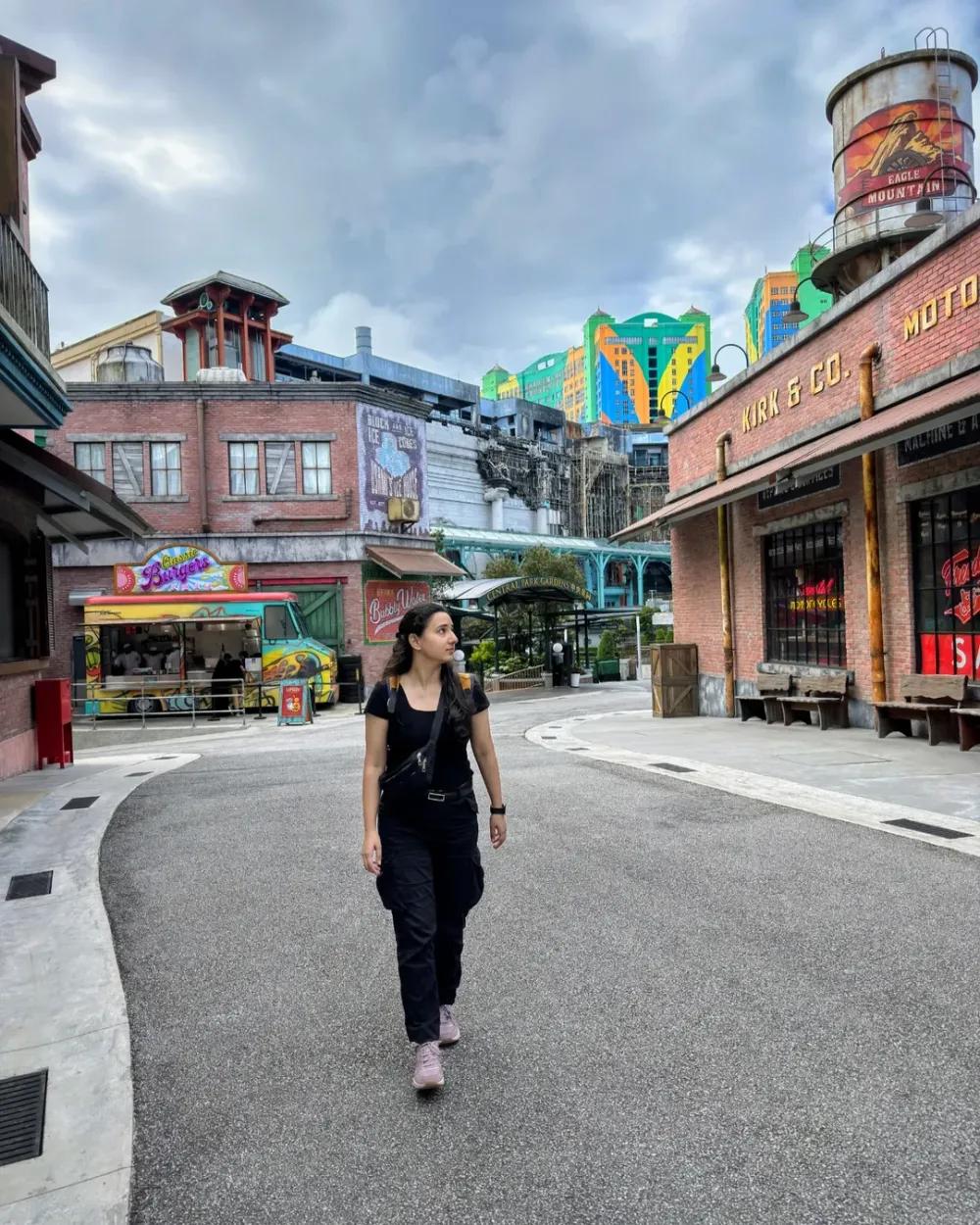
Once the philosophy of the Untold is embraced, travel ceases to be a passive intake of sights and becomes an active act of creation. It moves from planning, the mere logistics of getting from A to B—to design: the imaginative crafting of the experience itself. The creator within understands that the journey is the canvas, and the designer must mix the colours, control the light, and decide the composition.
This distinction is crucial. Anyone can book a flight and a hotel. But who curates the subtle, yet vital, sequence of experiences that ensures the traveler encounters the rare, the serendipitous, and the authentic? Who knows which remote village still practices that ancient craft, or which local guide possesses the historical nuance that transforms a ruined castle into a living story?
This is where the support of dedicated expertise becomes indispensable. For those of us who value the integrity of our experience above all else, who want every turn in the road to feel like a perfectly orchestrated moment of discovery, the resource of a skilled planner is invaluable. When the goal is to transcend the ordinary—to weave together logistics, local expertise, personal passion, and the poetic flow of the day—you need a visionary at the helm. This is the very essence of working with a talented Travel designer. They aren't just booking agents; they are visionaries who transform your abstract wanderlust into a tangible, seamless odyssey. They anticipate the unseen, ensuring that the entire structure of the trip supports the emotional and intellectual depth we seek, allowing us, the travelers, to focus entirely on the act of immersion and creation.
The Practical Philosophy of Immersion

Based on years of seeking the untold, I’ve distilled the process into six guiding principles—not rules, but practices—that make the difference between a holiday and a true journey of transformation.
1. The Power of the Pause
The biggest luxury we have is time, and the greatest act of rebellion against the tourist model is to use it inefficiently. Build pauses into your schedule. They are non-negotiable. Spend a full hour doing nothing but observing from a non-tourist-facing bench. Watch the elderly men playing chess, the children walking home from school, the subtle, unconscious choreography of daily life. The external world slows down, and in that silence, your inner voice—the voice that processes and contextualizes experience—can finally be heard. This pause is where mere input is transformed into insight.
2. The Open Door to Serendipity
If the itinerary is too rigid, you leave no room for the universe to write its own chapters into your story. True immersion requires a willingness to say, "Yes." If a local invites you to a harvest festival you’ve never heard of, or if a conversation suggests a detour down a road marked "unpaved," you must go. The most memorable moments of any journey are almost always the ones that were unplanned. They are the gifts of the road, granted only to those who keep their expectations light and their minds open to the unexpected. Embrace the beautiful strangeness that arises from letting go of control.
3. The Vow of Connection
Sights can be admired, but people must be encountered. True wealth in travel is measured by the quality of human connection. This demands vulnerability: learning basic greetings in the local language, maintaining eye contact, and showing genuine interest in a life entirely different from your own. Even a single, shared moment—a meal, a smile, a gesture of thanks—can hold more meaning than a thousand photographs. The goal is not just to see how others live, but to recognize our shared humanity beneath the surface of culture and language.
4. The Sensory Commitment
We often engage with the world through our intellect first: What is the history? What is the name? The immersive traveler commits to sensory engagement. Stop relying on the camera and start relying on the full spectrum of your senses. What is the specific smell of the sea salt mixed with the dust of the olive groves? What is the texture of the light filtering through the ancient stained glass? What single sound defines this village? When we focus on the specific, the experiences we gather refuse to be contained in simple prose. They become the raw material for our own internal poetry.
5. Embracing Discomfort
Immersive travel is rarely comfortable. It involves navigating challenging transit, dealing with miscommunications, and eating food that might challenge our palate. We must welcome this friction. Discomfort is the teacher; it strips away the layers of our habitual selves and forces us to adapt, to be resourceful, and to rely on intuition. The deepest character growth happens not when the plane is on time, but when it is disastrously delayed, forcing an unexpected twenty-four hours in a city you would never have chosen. These moments forge resilience and become the stories you tell for a lifetime.
6. The Post-Trip Transformation
The final act of immersive travel is what happens after you unpack. A superficial trip fades quickly. A journey built on the philosophy of the untold continues to resonate. It changes how you cook, how you view your city, how you spend your time, and how you see yourself. The goal is not just to collect memories, but to integrate them—to let the wisdom of the road inform the reality of home. Dedicate time to reflection, to journaling, or simply to sitting in silence, allowing the stanzas of your journey to settle into the permanent record of your inner life.
To choose the untold path is to choose a richer existence, both on the road and at home. It is a vow that the stories you collect will not be those of others, but entirely and authentically your own. It is a continuous, beautiful journey.

